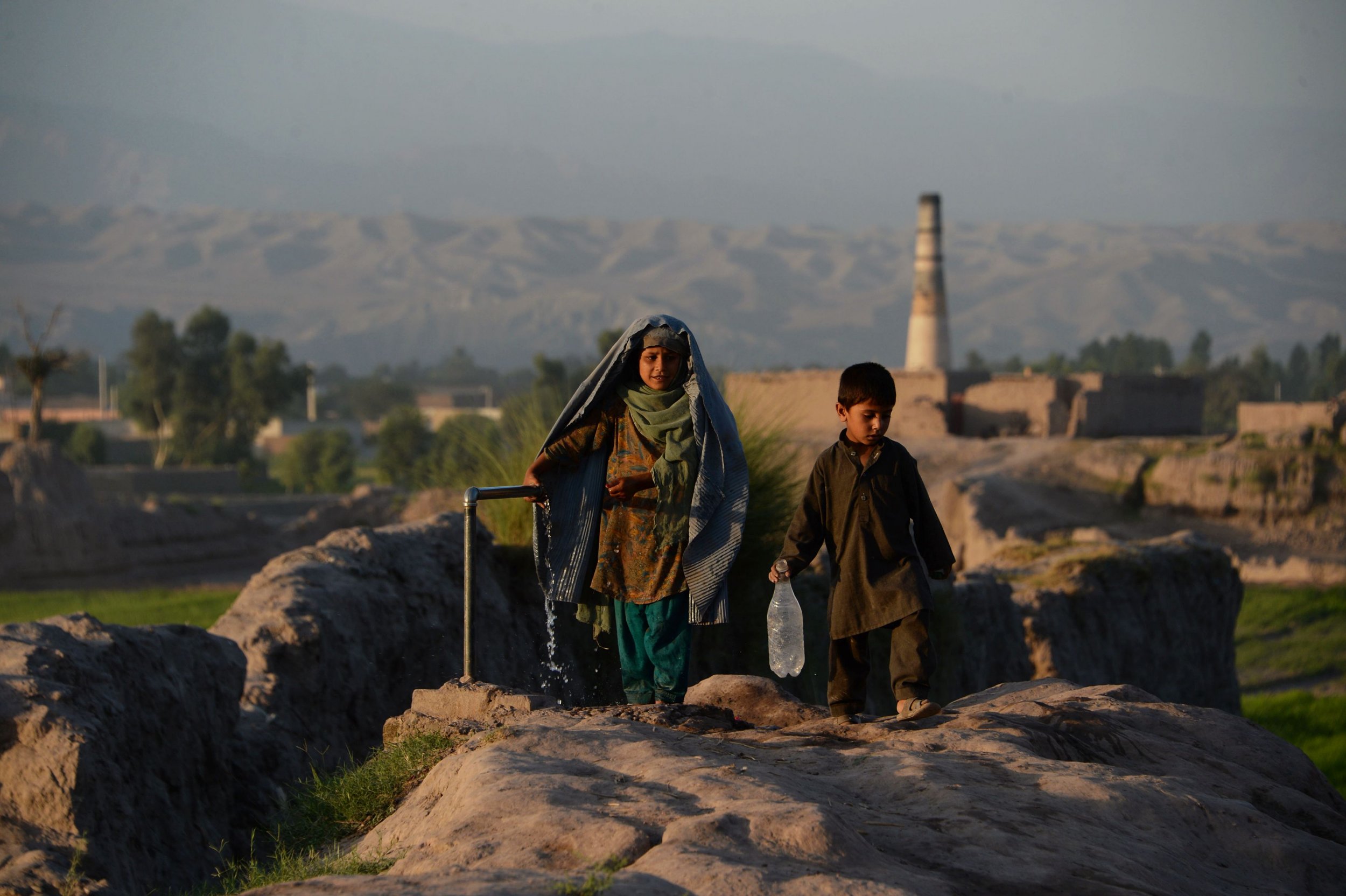
Champa Patel is Director for South Asia at Amnesty International
On October 4, some 70 countries will gather in Brussels to enact a charade at a donors' conference on Afghanistan. As guests of the European Union (EU) and the Afghan government, they will make a great show of their pledges of financial support, even though the sums proffered fall far short of Afghanistan's needs. They will express concern for the security of the Afghan people, even as the EU seeks to return tens of thousands, abandoning them to a fate worse than the one they fled. And the most pressing issues facing the country, such as human rights, will figure nowhere on the agenda.
As the United Nations (UN) noted in July, the first half of this year has been the deadliest for Afghanistan since records began in 2009. Attacks on civilians have only increased. The Taliban and other armed groups now control more territory than at any point since 2001, punctuating their advances with gruesome attacks on civilians - including vulnerable minorities, aid agencies, and university students. On Monday , the Taliban laid siege the city of Kunduz, threatening to take control of it.
The international community is scarcely ignorant of these facts. In a recently leaked memo, the EU noted that Afghanistan suffers "record levels of terrorist attacks and civilian casualties." But this alarming reality has not prompted a desire to do more to protect Afghan lives. Quite the opposite. "Despite this," the leaked memo says, with breathtaking indifference, "more than 80,000 persons could potentially need to be returned in the near future."
The use of the word "need" sums up the EU's callous attitude. Whose need is being addressed here? The Afghan asylum seekers - who braved great dangers just to be able to escape even greater ones at home – have expressed no desire to return. The Afghan government, which is failing to meet even the basic needs of the more than one million people displaced internally because of the widening conflict, is hardly in a position to welcome them.
So where does this "need" arise? If anything, EU member countries have repeatedly disgraced themselves by failing to live up to their responsibilities. Far poorer countries continue to host the bulk of the world's refugees, even as the EU looks to countries like Turkey to act as a border guard for the continent, keeping refugees away in trade for cash and visa concessions.
This pattern of behavior speaks to what Ban Ki-Moon, the UN Secretary General, recently described as "cynical and dangerous political math". When it comes to the Afghan people, the EU feels the "need" to capitulate to noxious political elements, people whom Ban Ki Moon said perpetuate "lies and distortions of truth" and seek to divide people by "multiplying fear".
If the donors were serious about their task, they would offer lasting solutions, not fleeting gestures. Richard Olson, the U.S. special representative for Afghanistan and Pakistan, has said he expects pledges of three billion dollars – a quarter less than expected, and far short of what's needed. Afghanistan remains one of the world's poorest countries, with a third of the country languishing below the poverty line.
Olson stressed there can be no "blank cheque." The international community is right to be anxious about corruption in Afghanistan. The current government has done little to combat the scourge of grasping officials. But the answer is to insist on greater transparency, not punish the Afghan people for the avarice of their ministers. What is needed is a robust and effective mechanism, ensuring funds reach people who need them most.
Corruption in Afghanistan is a product of poor rule of law. Last month, the weak national-unity government signed a deal with the warlord Gulbuddin Hekmatyar, who is accused of war crimes and was notorious as 'the butcher of Kabul', granting him immunity from prosecution in return for his public support. There will be no condemnation of the deal at the conference. It has already been welcomed as a political triumph.
The Afghan authorities are just as ineffectual tackling human rights abuses as they are corruption. When the national unity government came to power, it made encouraging noises about human rights. But, as time has worn on, the only steps they have taken have been symbolic or shambolic. Women human rights defenders continue to fear for their lives, constantly threatened and offered no protection. The situation for women who aren't as well known and don't have comparable resources is even worse.
In the cruel calculus of the donors, human rights are an afterthought. If the leaders gathering in Brussels this week truly desire a sustainable future for Afghanistan, human rights need to be integral. By signing sordid deals and condoning those the Afghan government mints on its own, the international community is not just forfeiting its duty to the Afghan people—it is becoming complicit in injustices visited upon them.
Uncommon Knowledge
Newsweek is committed to challenging conventional wisdom and finding connections in the search for common ground.
Newsweek is committed to challenging conventional wisdom and finding connections in the search for common ground.
About the writer
To read how Newsweek uses AI as a newsroom tool, Click here.








